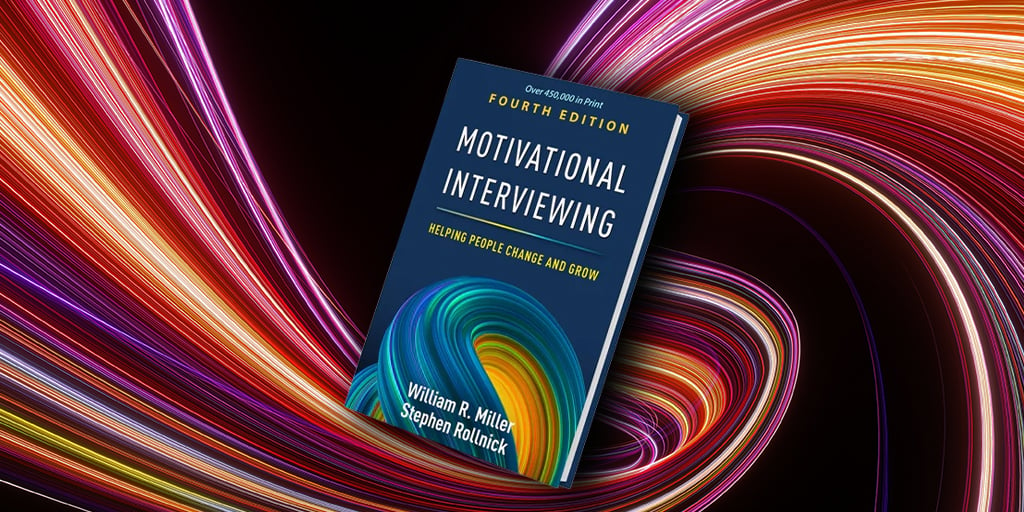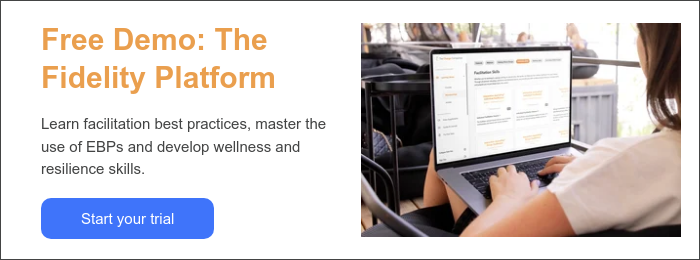What’s New in the 4th Edition of Motivational Interviewing

Since its introduction in 1983, motivational interviewing (MI) has made a tremendous impact on the mental health field. Now, William R. Miller and Stephen Rollnick have released the Motivational Interviewing 4th Edition: Helping People Change and Grow.
An additional decade of research has been conducted since the release of the 3rd edition. 40 total years of testing and strengthening the practice of MI has made this edition the most concise version of the guide so far.
“Motivational interviewing is a particular way of talking to people about change and growth to strengthen their own motivation and commitment.” - Bill Miller
Changes in the 4th Edition of Motivational Interviewing
MI is no longer exclusive to the fields of behavioral health and psychology. The new edition recognizes that MI is also a way of practicing healthcare, diabetes and nutrition education, preventative dentistry, social work, case management, probation and community supervision, sports coaching, education, leadership – the list goes on.
One major focus of the new edition is clearly explaining what the style of MI looks like in practice – or as Miller puts it, “how to be a helper.” One important point is that MI is helpful for developing growth over time, not just in preparing people for change.
The Change Companies is proud to work with Dr. Miller on the Motivational Interviewing 4th Edition video collection. These videos focus on the how of using MI with clients and help illustrate key concepts. View the collection now, exclusively in the Fidelity Platform.
Updates and emphases in the 4th Edition
| Overlap of MI with evidence-based skills of helping professionals, considering MI as style for delivering other services rather than an add-on technique | |
| Evidence that affirmation can encourage change talk | |
| Remote delivery of MI via audio, video and electronic media | |
| Deliberate practice and learning communities as tools to strengthen MI skills | |
| Client strengths perspective | |
| Genuineness/authenticity of the person practicing MI | |
| Directional, strategic use of OARS | |
| Support and encouragement of client autonomy | |
| Provider self-disclosure in practicing MI | |
| Offering information and advice in an MI-consistent way, recognizing that these are not the opposite of MI |
“MI is not an answer all by itself… I think it's just a part of the puzzle or a way of doing what else you do – a way of counseling people.” - Bill Miller
Dr. Miller also led an informative, 30-minute webinar on the 4th edition, which you can find here.



